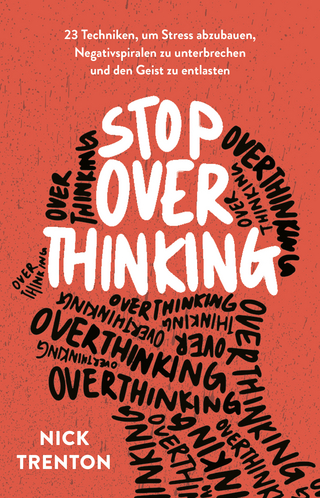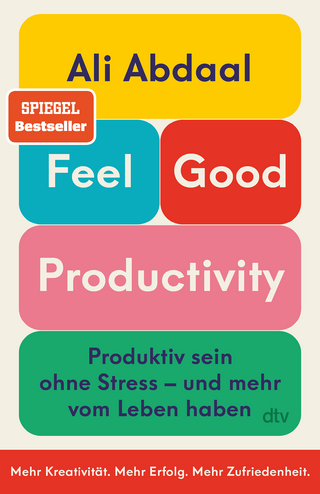
Concepts at the Interface
Oxford University Press (Verlag)
978-0-19-889366-0 (ISBN)
This is an open access title available under the terms of a CC BY-NC-ND 4.0 International licence. It is free to read on the Oxford Academic platform and offered as a free PDF download from OUP and selected open access locations.
Research on concepts has concentrated on how people apply concepts when presented with a stimulus. Equally important, however, is the use of concepts offline, while planning what to do or thinking about what is the case. There is strong evidence that inferences driven by conceptual thought draw heavily on special-purpose resources--sensory, motoric, affective, and evaluative. At the same time, concepts afford general-purpose recombination and support content-general reasoning processes, which have long been the focus of philosophers. There is a growing consensus that a theory of concepts must encompass both kinds of processes.
Nicholas Shea shows how concepts can act as an interface between content-general reasoning and special-purpose systems. Concept-driven thinking can take advantage of the complementary costs and benefits of each. This book sets out an empirically-based account of the different ways in which thinking with concepts leads us to new conclusions and underpins planning and decision-making. It also outlines three useful implications of this account. First, it allows us to reconstruct the commonplace idea that thinking draws on the meaning of a concept. Second, it offers insight into how human cognition avoids the frame problem and the complementary, less discussed, 'if-then problem' for dispositions acquired from experience. Third, it shows that metacognition can apply to concepts and concept-driven thinking in various ways. The framework developed in the book elucidates what makes concept-driven thinking an especially powerful cognitive resource.
Nicholas Shea is Professor of Philosophy at the Institute of Philosophy, University of London and an associate member of the Faculty of Philosophy, University of Oxford. He is an interdisciplinary philosopher of mind, and of psychology, cognitive neuroscience, and cognitive science. He went into philosophy after a brief career as an intellectual property barrister, following a degree in mathematics at Oxford. He completed his MA at Birkbeck and PhD at King's College London, worked as a postdoctoral then senior research fellow in Oxford, then returned to London, first at King's then at the Institute of Philosophy. As well as philosophical work on mental representation, inheritance systems, consciousness, AI, and the metaphysics of mind, he has published in scientific journals in collaboration with psychologists, biologists, and researchers in cognitive neuroscience.
1: Thinking with Concepts
2: Representational Structure
3: Computational Processes
4: Informational Models
5: Concepts as an Interface
6: The Frame Problem and the If-Then Problem
7: Drawing on Meaning
8: Metacognition
9: Concluding Thoughts
| Erscheinungsdatum | 06.09.2024 |
|---|---|
| Zusatzinfo | 14 figures |
| Verlagsort | Oxford |
| Sprache | englisch |
| Maße | 158 x 240 mm |
| Gewicht | 528 g |
| Themenwelt | Geisteswissenschaften ► Philosophie |
| Geisteswissenschaften ► Psychologie | |
| Naturwissenschaften ► Biologie ► Humanbiologie | |
| Naturwissenschaften ► Biologie ► Zoologie | |
| ISBN-10 | 0-19-889366-3 / 0198893663 |
| ISBN-13 | 978-0-19-889366-0 / 9780198893660 |
| Zustand | Neuware |
| Informationen gemäß Produktsicherheitsverordnung (GPSR) | |
| Haben Sie eine Frage zum Produkt? |
aus dem Bereich


